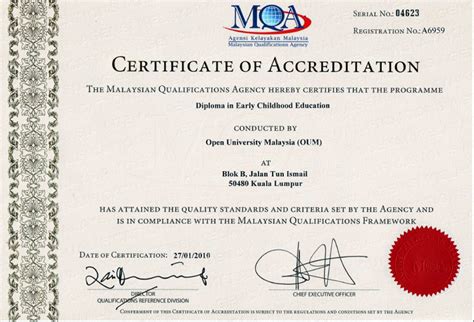Do you suspect you have a slipped disc but can’t seem to find the answer you’re looking for? If so, you’re in the right place. In this comprehensive article, we will unveil all the signs and symptoms of a slipped disc, empowering you with the knowledge you need to make informed decisions about your health.

Table of Contents
- What is a Slipped Disc?
- Symptoms of a Slipped Disc
- Causes of a Slipped Disc
- Risk Factors for a Slipped Disc
- Diagnosis of a Slipped Disc
- Treatment for a Slipped Disc
- Recovery from a Slipped Disc
- Prevention of a Slipped Disc
- Common Mistakes to Avoid
What is a Slipped Disc?
A slipped disc, also known as a herniated disc, occurs when the soft, jelly-like center of an intervertebral disc pushes through the tough outer layer of the disc. This can happen in any part of the spine, but it is most common in the lower back (lumbar spine) and neck (cervical spine).
Symptoms of a Slipped Disc
The symptoms of a slipped disc can vary depending on the location and severity of the herniation. However, some common symptoms include:
- Pain in the back, neck, or arms or legs
- Numbness or tingling in the arms or legs
- Weakness in the arms or legs
- Difficulty with bowel or bladder control
- Loss of reflexes
- Changes in sensation
Causes of a Slipped Disc
Slipped discs are often caused by a combination of factors, including:
- Age: As we age, the discs in our spine become thinner and less flexible, making them more likely to herniate.
- Weight: Being overweight or obese puts extra pressure on the discs in the spine.
- Smoking: Smoking damages the discs in the spine and makes them more likely to herniate.
- Repetitive heavy lifting: Lifting heavy objects repeatedly can put a strain on the discs in the spine.
- Poor posture: Sitting or standing with poor posture can put a strain on the discs in the spine.
- Trauma: A sudden injury, such as a car accident or fall, can cause a disc to herniate.
Risk Factors for a Slipped Disc
Some people are more at risk for developing a slipped disc than others. These include people who:
- Are over the age of 30
- Are overweight or obese
- Smoke
- Do repetitive heavy lifting
- Have poor posture
- Have a family history of disc problems
Diagnosis of a Slipped Disc
Your doctor will diagnose a slipped disc based on your symptoms and a physical examination. They may also order one or more of the following tests:
- X-rays
- MRI
- CT scan
- Electromyography (EMG)
- Nerve conduction study
Treatment for a Slipped Disc
The treatment for a slipped disc will depend on the severity of the herniation. In some cases, conservative treatment, such as rest, physical therapy, and medication, may be enough to relieve the pain and other symptoms. In other cases, surgery may be necessary to remove the herniated disc.
Recovery from a Slipped Disc
The recovery time from a slipped disc can vary depending on the severity of the herniation and the type of treatment received. Most people who have conservative treatment will recover within a few weeks. Those who have surgery may take longer to recover, but most will be able to return to their normal activities within a few months.
Prevention of a Slipped Disc
There is no sure way to prevent a slipped disc, but there are some things you can do to reduce your risk, such as:
- Maintaining a healthy weight
- Quitting smoking
- Avoiding repetitive heavy lifting
- Practicing good posture
- Strengthening your core muscles
- Warming up before exercising
- Cooling down after exercising
Common Mistakes to Avoid
There are some common mistakes that people make when they have a slipped disc. These include:
- Ignoring the pain: If you have pain in your back, neck, or arms or legs, it’s important to see a doctor right away. Ignoring the pain can make the problem worse.
- Overdoing it: It’s important to rest when you have a slipped disc. Overdoing it can make the pain worse and slow down your recovery.
- Not following your doctor’s orders: If your doctor prescribes medication or physical therapy, it’s important to follow their orders. Not following your doctor’s orders can make the problem worse and slow down your recovery.
Conclusion
If you think you may have a slipped disc, it’s important to see a doctor right away. Early diagnosis and treatment can help to prevent serious complications.
















